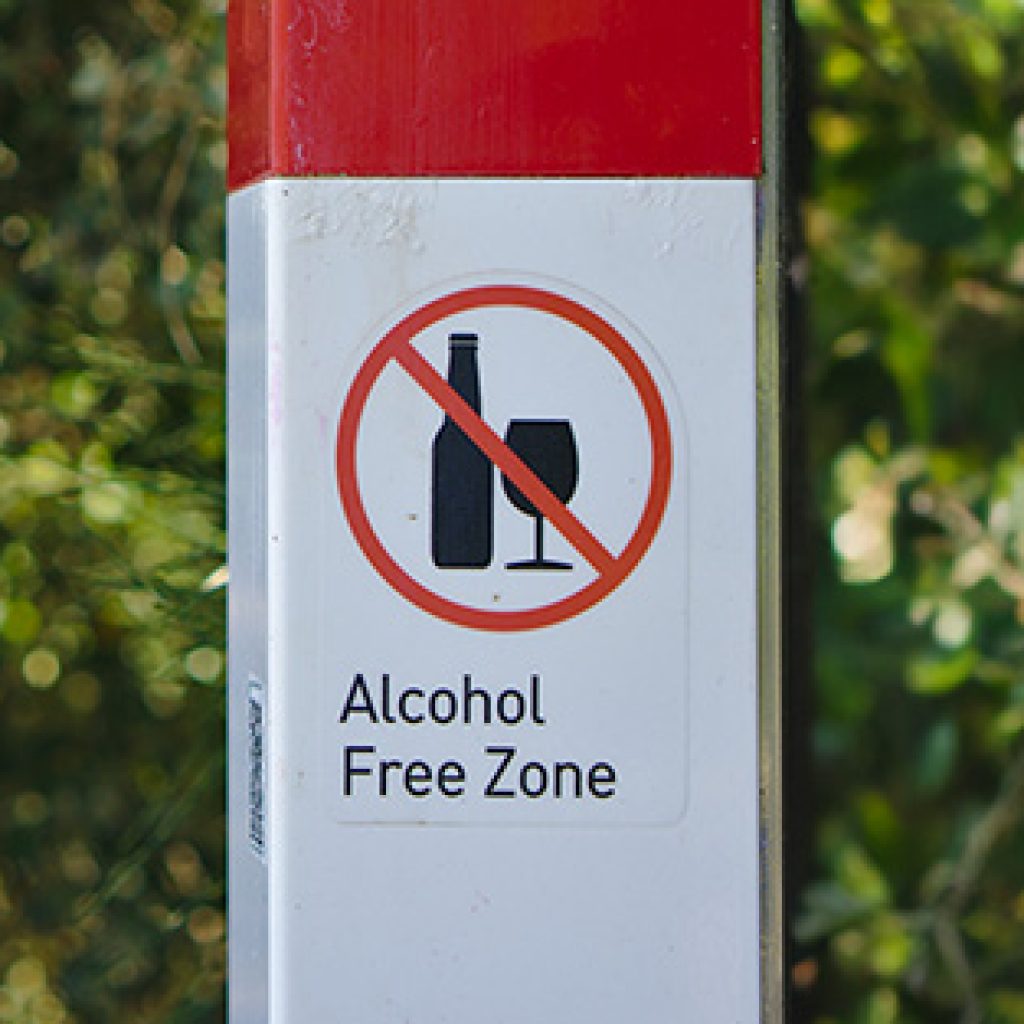What’s in Your Self-care Toolbox?
What’s in Your Self-care Toolbox?
#NEW UPDATED RESOURCES!
The impact of large-scale traumatic events on the behavioral health of those who experience them has been studied, with examples being such events as the September 11, 2001 terrorist attack, epidemics such as Ebola and SARS, and civil protests. From those studies, we know that many people are adversely affected and that rates of mental illnesses increase. Studies about the impact of COVID-19 on behavioral health are just beginning to be published. One such recent study asked, “What is the burden of depression symptoms among US adults during the coronavirus disease 2019 (COVID-19) pandemic compared with before COVID-19, and what are the risk factors associated with depression symptoms?” (Ettman et al., 2020). The study examined the prevalence and risk factors associated with symptoms of depression in adults in the U.S. both during and before the COVID-19 pandemic began. For the 1,470 participants in the study, the findings supported that depression symptoms have tripled since the pandemic began. Researchers found that an increase in stressors, a lower income, and reduced amount in savings (less than $5000) were associated with increased risk of depression (Ettman et al., 2020).
Further, the Centers for Disease Control (CDC), in its Morbidity and Mortality Weekly Report released Aug. 14, 2020, released new survey data for 5,412 adults in June 2020 who reported at least one adverse mental or behavioral health condition, including depression, anxiety, and “increased substance use to cope with stress or emotions related to COVID-19” (Czeisler et al., 2020). Almost 11% reported seriously considering suicide within the past 20 days. Clearly, everyone in the U.S. is facing a new level of stress and even trauma that many Americans have not experienced before. Whether you need immediate help, tools for coping, assistance in finding a health care provider, treatment for a substance use or mental health disorder, or even if you are a behavioral health provider looking for new ways to help others or even yourself to handle the challenges, it is important to take care of yourself and find healthy ways to cope with stress.
Catalyst Blog Posts Related to Coping and Self-Care
Blog posts and links to other materials and websites for helping people – professionals and the general public – to cope are a great way to gain new tools and resources to reduce stress and prevent problems from evolving into mental illness. Here are a few relevant blog posts from the Catalyst.
For Anyone:
- Yoga and Self Care
- Laughter is the Best Medicine
- Working from Home During COVID-19 (Coronavirus): Best Tips for Behavioral Health Providers and the People They Serve – Curated Just for You!
For Those in Recovery:
For Family and Friends:
For Behavioral Health Professionals:
CDC Tools
The CDC Coping with Stress page of the CDC website explains how stressful pandemics can be and how to take care of yourself and others. Simply knowing what to expect as far as signs and symptoms of stress, where to reach help, such as crisis help lines, or where to locate treatment for substance use and mental health disorders can reduce stress.
SAMHSA Tools
The SAMHSA Coronavirus (COVID-19) page has many professional resources and information for helping people, providers, communities, and states meet the challenges they face.
Addiction Technology Transfer Center (ATTC) Network Tools
The ATTC Network has not only COVID-19 Response Resources, but also online Products & Resources such as webinars and other tools for helping professionals to deal with their own stress and help clients as well. From how to set up Online and Telephone Support Groups to New Provider Self-Care and Online Engagement Products, the ATTC Network has many tools to help you help others.
# NEW! Pacific Southwest (PSATTC) Network Tool
Top Five Tips for Self-Care – Self-Care Plug-in
Pacific Southwest (Region 9) ATTC, in collaboration with the ATTC Network Coordinating Office (NCO), created a brief PowerPoint presentation on self-care strategies. This presentation can be added to or plugged-in to the beginning, middle, or end of the presentation materials for any training/TA event. Trainers, TA providers, clinical supervisors, and other program administrators can use all or a few of the slides depending on specific needs of the learners. Each slide contains notes for the presenter to provide guidance, as necessary. References are included for each slide, as are additional resources and additional articles for suggested reading. If you require further information on this topic, please do not hesitate to contact the Pacific Southwest ATTC (http://www.psattc.org). You are free to use these slides and pictures, but please give credit to the Pacific Southwest ATTC and the ATTC NCO.
Prevention Technology Transfer Center (PSATTC) Network Tools
The PTTC Network website helps get people get connected, informed, and trained.
Mental Health Technology Transfer Center (MHTTC) Network Tools
The Mental Health Technology Transfer Center (MHTTC) Network Responding to COVID-19 page has tools for the following topics:
- Responding to COVID-19 | Grief, Loss, and Bereavement
- Responding to COVID-19 | Intimate Partner Violence (IPV) and Child Abuse
- Responding to COVID-19 | Mental Health Disparities
- Responding to COVID-19 | School Mental Health
- Responding to COVID-19 | Telehealth
State of Nevada Tools
The Nevada Health Response website has many tools and resources to help Nevadans be better prepared to cope with coronavirus (COVID-19) and related issues. The Nevada Coping and Managing Mental Health web page has many tips and resources to deal with stress, fear, anxiety and other feelings during COVID-19 response.
CASAT Training
CASAT Training has professional development opportunities that provide tools for students and the workforce. The feature webinar for this topic is The Art of Mindfulness and Clinical Practice. This online webinar will be held from 9:00 am – 4:30 PM PST October 2, 2020. Led by Tom Lavin, LMFT, LCADC, Psychotherapist & Kathy Schwerin, LMFT, participants will be treated to “an educational retreat experience that will provide a quiet space to reflect throughout the day on your values, your self-care, your relationships, and your vision of meaningful clinical practice.” For more information on this unique experience, view the complete description on the CASAT Training website.
For more resources, visit the CASAT OnDemand Resources & Downloads page and the Laughter Therapy and Happiness Learning Lab.
Do you have tips for coping with stress or self-care? Share your thoughts or links in the comments below!
References
Czeisler MÉ , Lane RI, Petrosky E, et al. Mental Health, Substance Use, and Suicidal Ideation During the COVID-19 Pandemic — United States, June 24–30, 2020. MMWR Morb Mortal Wkly Rep 2020;69:1049–1057. DOI: http://dx.doi.org/10.15585/mmwr.mm6932a1external icon
Ettman, C.K., et al. (2020) Prevalence of Depression Symptoms in US Adults Before and During the COVID-19 Pandemic. JAMA Network Open. doi.org/10.1001/jamanetworkopen.2020.19686.
Blog Post Tags:
Related Blog Posts
Related Learning Labs
Related Resources
.
- Buscar Tratamiento de Calidad para Trastornos de uso de Sustancia (Finding Quality Treatment for Substance Use Disorders Spanish Version)
- Finding Quality Treatment for Substance Use Disorders
- Focus On Prevention: Strategies and Programs to Prevent Substance Use
- Monthly Variation in Substance Use Initiation Among Full-Time College Students
- The National Survey on Drug Use and Health (NSDUH) Report: Monthly Variation in Substance Use Initiation Among Adolescents








